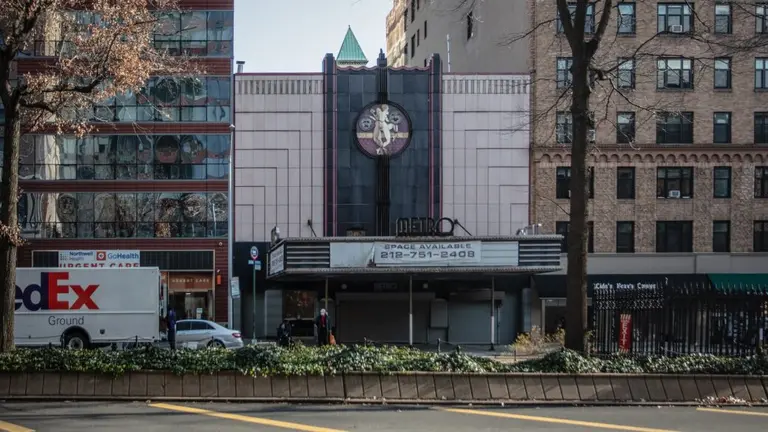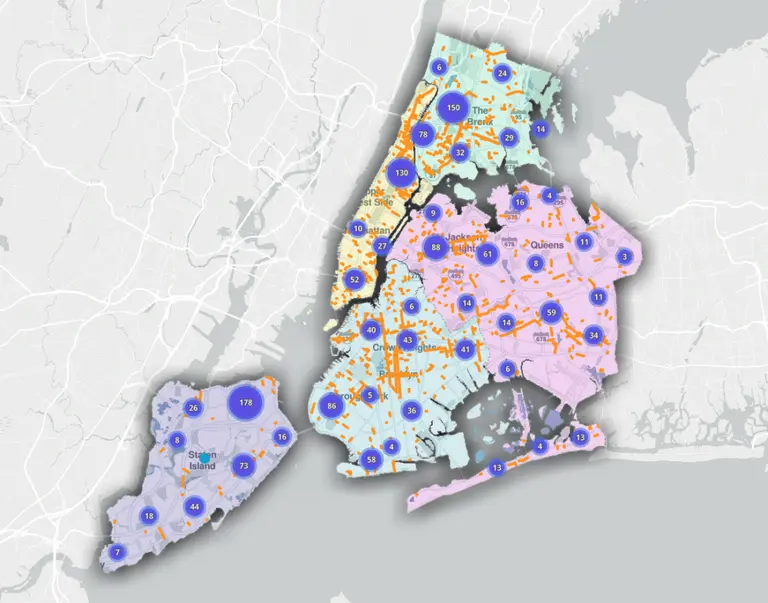Buying an apartment in NYC: Condo or co-op?

Photo by Garrett Lawrence on Unsplash
Choosing between a co-op and a condo is a significant decision for potential homebuyers in New York City, with each option offering unique benefits and challenges. Co-ops, where buyers purchase shares in a corporation that owns the building, often provide a more affordable and community-focused living experience but come with strict board approval processes and resale restrictions. Condos offer full property ownership with greater flexibility in renting and selling, although they typically come at a higher cost and with increased closing expenses. And condops, which provide features of both property types, allow for more flexibility but possibly higher closing costs. Ahead, learn about the key differences among these property types in New York City to find which one best aligns with your lifestyle and financial goals.

Co-ops
A co-op is a type of housing where you buy shares in a corporation that owns the building. This means you don’t own your unit outright. Instead, you have the right to live in a specific apartment. The purchase process involves board approval, which can be stringent. Monthly maintenance fees typically cover taxes and building upkeep. Co-ops tend to be more affordable than condos but come with stricter rules regarding selling, subletting, and renovations.
According to CityRealty, the most prestigious co-ops include 998 Fifth Avenue, known for its Italian Renaissance style, 740 Park Avenue, for its exclusivity, and The Dakota, for its historical and cultural significance.
Pros:
- Affordability: Generally more affordable than condos.
- Community environment: Close-knit community due to selective board approval.
- Lower closing costs: Often have lower closing costs compared to condos.
Cons:
- Board approval: Requires board approval, which can be strict and intrusive.
- Resale restrictions: Can have restrictions on selling or subletting.
- Higher monthly fees: Maintenance fees can be higher due to shared expenses.

Condos
A condo is a type of property where you own the individual unit and receive a deed for it. This ownership includes shared access to common areas and amenities. Condos typically offer more flexibility than co-ops, with easier rental policies and no need for board approval when purchasing. They usually come at a higher price and with higher closing costs but are often seen as better investments due to potential appreciation.
Some of New York City’s top condo buildings include 15 Central Park West, 432 Park Avenue, 220 Central Park South, and the Woolworth Tower Residences, according to CityRealty.
Pros:
- Ownership: You own the property, receiving a deed.
- Flexible policies: Easier rental and pied-à-terre options.
- No board approval: Easier purchasing process without the need for board approval.
- Potential for appreciation: Often seen as a better investment with higher appreciation rates.
Cons:
- Higher purchase price: Typically more expensive than co-ops.
- Separate taxes: Owners handle property taxes separately.
- Higher closing costs: Can incur higher closing costs compared to co-ops.

What about condops?
As CityRealty notes, a condop is a hybrid property type combining features of a condo and a co-op. Typically, it refers to a building where the residential units are co-ops, but the building also has commercial space, often owned as a condominium. This structure allows for more flexible rules, like no board interviews and easier subletting, attracting various buyers. However, it involves a more complex governance structure with the potential for conflicts between residential and commercial interests.
Notable condop buildings include The Marais, 333 East 46th Street, Gramercy North, and Turtle Bay Towers.
Pros and cons of buying a con-dop:
Pros:
- Financial stability: Condops can generate significant revenue from commercial space, contributing to financial solvency.
- Flexible policies: Often termed “co-ops with condo rules,” they may offer flexible policies such as no board interview, unlimited subletting, and lower down payment options.
- Attractive for diverse buyers: Friendly towards international buyers, parents buying for children, and liberal pet and pied-a-terre policies.
Cons:
- Complex board structure: Condops have multiple boards (condo, co-op, and possibly commercial), complicating governance.
- Potential for conflict: Differences in interests between commercial and residential tenants can lead to disputes.
- Higher closing costs: Legal fees may be higher due to the need to review both residential and commercial financial statements.
- Limited influence on commercial tenants: Residential owners have little say in the choice of commercial tenants.




























